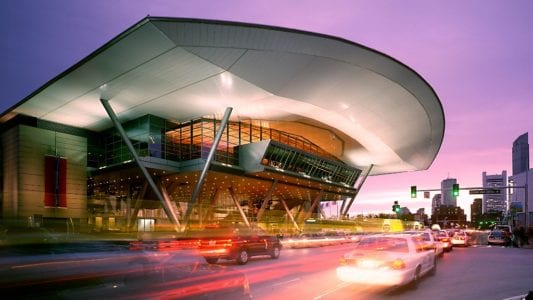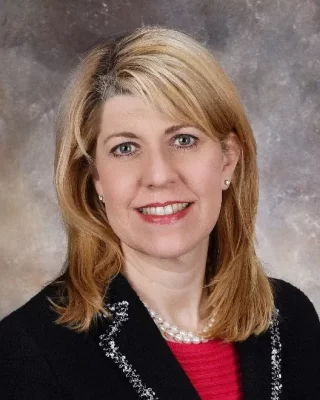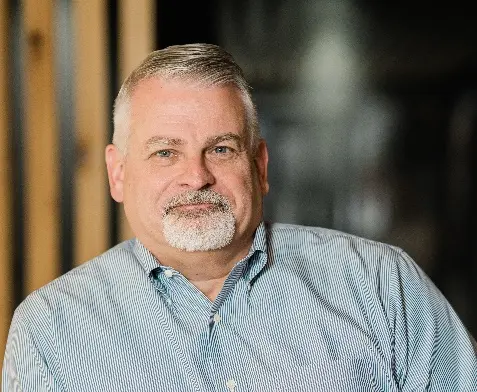 After years mired in political battles that prevented it from moving forward, the Massachusetts Convention Center Authority recently issued a design and feasibility Request for Proposal for master planning services for the 70-acre campus of the Boston Convention and Exhibition Center in South Boston.
After years mired in political battles that prevented it from moving forward, the Massachusetts Convention Center Authority recently issued a design and feasibility Request for Proposal for master planning services for the 70-acre campus of the Boston Convention and Exhibition Center in South Boston.
The RFP represents a restart for an expansion campaign that at one time sought more than 300,000 square feet of exhibit hall space as well as more meeting and ballroom space at a price tag estimated to be $1 billion. Massachusetts Governor Charlie Barker halted that plan in 2015, challenging the premise that Boston needed or was prepared to cope with additional exhibition space. Chief among his concerns was the lack of lodging that some officials said would prevent a major expansion from attracting additional attendees and exhibitors to the area.
MCCA commissioned a study in 2016 to assess lodging in the city, the results of which confirmed that a shortage of hotels within walking distance of the center would seriously hamper efforts to increase traffic. Recently, however, Boston has experienced a building boom expected to considerably increase its lodging bandwidth, including the recent approval of a new 1054-room Omni Hotel across the street from the venue. Armed with the confidence that the hotel shortage is being addressed, BCEC officials are back to the drawing board, conducting the feasibility study to explore what kind of expansion could best benefit the facility and the city.
“It has been a dynamic and disruptive decade in our industry which has mirrored the dramatic changes that have occurred in South Boston,” said David Gibbons, MCCA’s executive director. “This is an exciting and appropriate time for the authority to evaluate where we stand in the convention marketplace. We are asking our customers what they need and determining what we can afford in order to position the BCEC for long term success.”
The RFP will task designers to meet the needs of the BCEC’s current and future customers, better integrate the BCEC into the South Boston’s proximate neighborhoods, outline a building program that is financially self-sufficient, innovative, and minimizes the impact on the environment in order to enhance the MCCA’s competitive advantage in a rapidly evolving convention marketplace.
“Boston is a premier global destination for business and tourism and the BCEC is a key catalyst to create economic activity in the city and across the region,” said John McDonnell, chairman of the Massachusetts Convention Center Authority. “The time is right to evaluate convention related growth opportunities on the BCEC campus to ensure its future success.”
Originally christened in 2004, BCEC currently has 516,000 square feet of contiguous exhibition space, 160,000 square feet of meeting space in 80 meeting rooms, and a 40,000 square foot ballroom.































